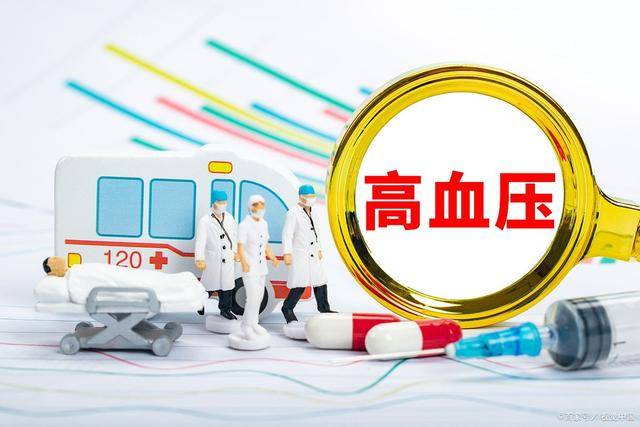For patients with hypertension, if they are in a hot and humid environment for a long time, it is easy to experience emotional fluctuations or irritability under work pressure. This can cause fluctuations in blood pressure, increasing the risk of heart attack and stroke for hypertensive patients.
Therefore, besides actively taking medication in daily life, hypertensive patients should also maintain good lifestyle habits. Specifically, remembering the “3 taboos and 2 prohibitions” is essential for better body care and keeping blood pressure stable.
Three taboos in life:
1. Avoid intense exercise:
Before hypertension is well controlled, avoid vigorous exercise in the morning to prevent rapid heartbeat, blood pressure fluctuations, and cardiovascular diseases.
For hypertensive patients who wish to engage in moderate activities, it is best to avoid peak blood pressure and hot summer periods. Plan activities between 6 to 7 p.m. and choose moderate exercises like walking, jogging, or tai chi.
2. Avoid cold showers:
In hot summers, taking a cold shower when sweating excessively may seem refreshing, but it is not advisable for hypertensive patients. Cold showers can stimulate blood vessels, leading to increased blood pressure and a higher risk of stroke.
During summer showers, keep the water temperature around 40 degrees for hypertensive patients. Avoid excessively cold water to prevent adverse reactions.
3. Don’t get up too quickly:
After waking up, the body is at a blood pressure peak due to activated sympathetic nerves. Getting up suddenly can strain the heart and trigger cardiovascular diseases.
For hypertensive patients, move fingers, stretch, and get up slowly in the morning to reduce the body’s stress.
Two dietary prohibitions:
1. Avoid high-salt foods:
Consuming high-salt foods can raise blood pressure, especially during sweaty summer days. While salt intake is necessary, normal individuals should not exceed 6g per day. If hypertension persists, limit daily salt intake to around 3g. Excessive salt intake can worsen kidney filtration, leading to blood pressure fluctuations.
In daily life, reduce hidden salt sources like processed foods, soy sauce, and MSG.
2. Avoid high-fat foods:
Excessive intake of high-fat foods can burden digestion, raise blood lipids, and thicken blood, all detrimental to hypertension control. Opt for a low-fat, low-calorie diet to prevent blood pressure spikes in daily life.
To maintain blood pressure within a certain range, hypertensive patients should adhere to these principles, avoid excessive fatigue, maintain work-life balance, monitor blood pressure regularly, manage stress, and prevent negative emotions.


